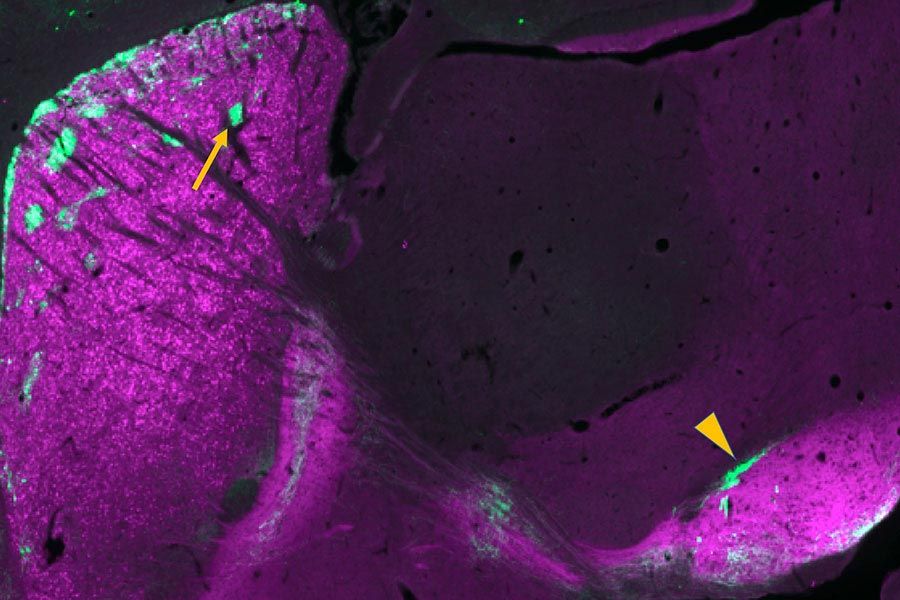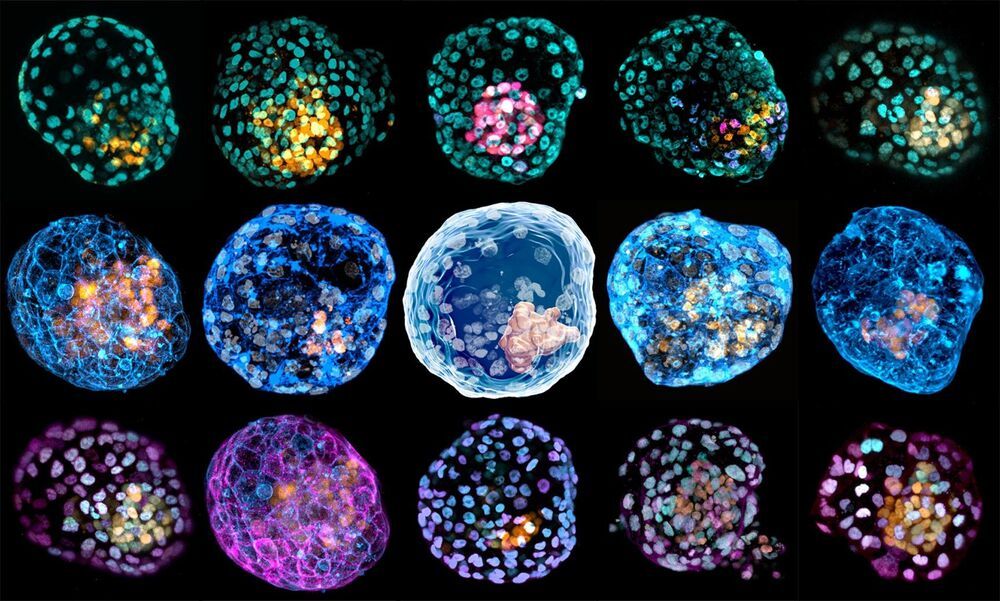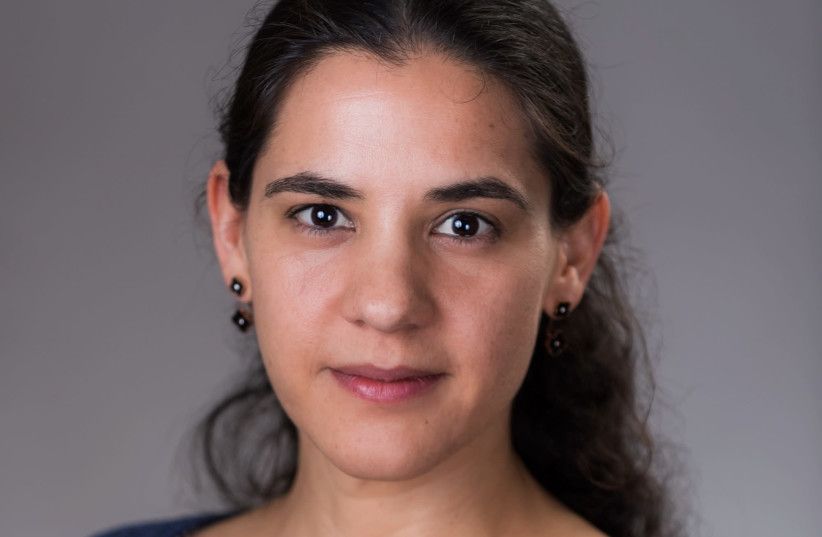Let us imagine that we are able to reverse aging damage so that someone is 65 or older has the same amount of aging as someone who is 65. This means for an average American man, then half of those people will still be dead by the time they have reached 95 years of age. This is because 1.6% of them are dying every year in the 65-year-old condition. Also, only 80% of them have survived from birth to the age of 65.
Asian American women in New Jersey live to a life expectancy of 93. Half of them reach the age of 93. Antiaging that reverses the aging damage every year for men so that they never get worse physically than when they are 65, get them to a life expectancy that is just beyond what Asian American women in New Jersey already achieve.







